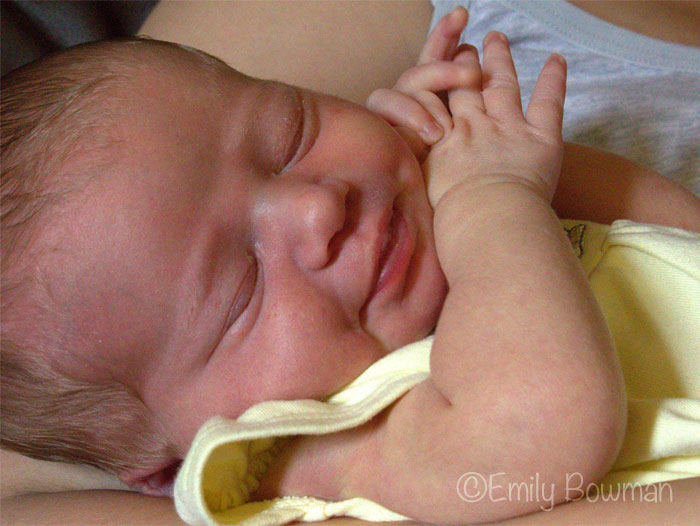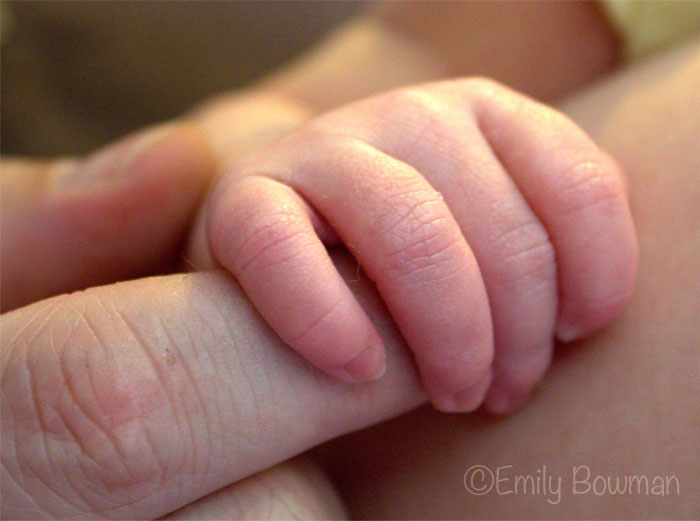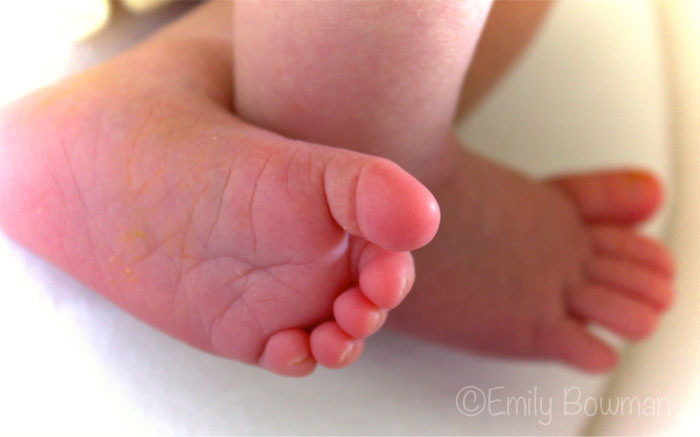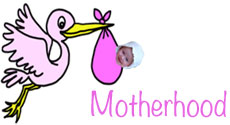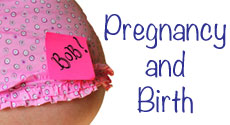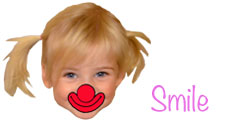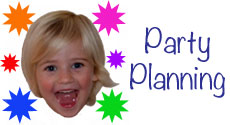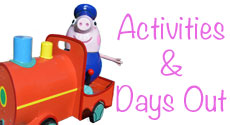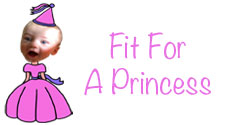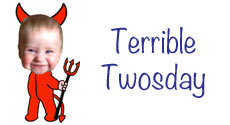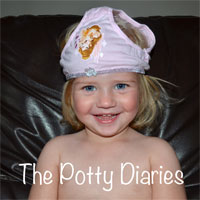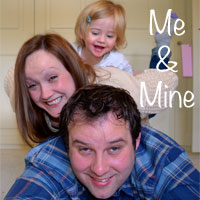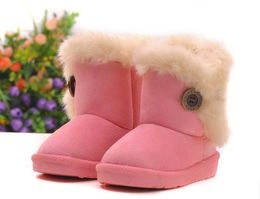Christmas is a time to let your hair down, socialise and indulge in a range of festive treats. But if you have a baby, it’s also a time to be wary of a range of seasonal ailments and issues that could affect the health of your newborn. By following a few simple tips, you can be sure that your baby enjoys a happy and healthy first Christmas.
1. Get your baby vaccinated
It’s important to remember that the cold air itself isn’t responsible for the spread of bacteria and viruses during the winter. A cold snap means people spend more time huddled together with family and friends – either in warm homes or in public buildings. This proximity means diseases can be spread much more readily. It’s therefore essential that your baby has a full schedule of vaccinations at a Children’s Hospital. By the time your baby is four months old, the following vaccinations should have been administered.
* The five-in-one injection for HIB, polio, whooping cough, diphtheria and tetanus – plus a second and third dose
* The pneumococcal vaccine – plus a second dose
* The rotavirus vaccine – plus a second dose
* The meningitis C vaccine
2. Wash your hands regularly
Whether you are cooking turkey in the kitchen or continually cleaning up after your family, Christmas is filled with potential for the spread of bacteria and viruses via your hands. Get into the habit of washing your hands regularly with antibacterial soap, as well as every time you prepare a bottle.
3. Look after yourself
You might be tempted to throw caution to the wind by indulging in all of the treats that define a great Christmas. However, if they leave you tired, grumpy and not feeling yourself, you won’t be able to give your baby the attention she deserves. By all means, enjoy the odd drink or two, but get lots of sleep, eat a well-balanced diet and limit your alcohol intake to a maximum of four units in any one day.
4. Take extra care when out and about
You may want to hide yourself and your baby away at Christmas, as the shopping centres and high streets can be extremely busy with shoppers. However, a dose of sunshine is a good source of vitamin D for your baby’s development. Unfortunately, you may find that a constant barrage of people wants to peer into your baby’s pushchair and take a close look at your beautiful newborn. Consider putting a plastic cover over your pushchair to deter well-meaning people from spreading their germs.
5. Breastfeed
There is a significant amount of evidence to indicate that breast-fed babies develop an immunity to common diseases more readily than bottle-fed infants. Breast milk can be nature’s biggest weapon against colds, flu and other common illnesses, so use it if you can.
6. Invest in some sterile wipes
Particularly if you have other children in your home, bacteria will be found on every imaginable surface in your hope. Invest in some sterile wipes, and regularly wipe down door handles, work surfaces, appliances and areas of furniture that come into constant with hands on a regular basis. You can never eliminate bacteria from your home, but you can reduce it to safe levels.
7. Wash baby’s hands regularly
Young babies have a tendency to suck on their hands and fingers only a few weeks after their birth. It’s therefore important to keep their hands as clean as possible with baby wipes or warm water applied with cotton wool.
8. Make sure baby gets enough rest
Christmas is a time of parties and social gatherings, but that can be very disruptive to your baby’s sleeping patterns.
A lack of sleep can make an infant irritable, difficult to feed and generally grumpy. It may also have implications for a baby’s immune system. Try to avoid having large gatherings in your home during the evenings if possible.
9. Use a humidifier
Overly dry air can lead to coughing and some mild breathing issues, so it might be a good idea to have a humidifier on hand. The moist air it creates will thin your baby’s secretions of mucous, which could provide relief from congestion and keep your baby relaxed.
10. Dress your child for bed appropriately
Try to avoid the temptation of wrapping your baby up with blankets and layers of clothing if the ambient temperature doesn’t warrant it. As a rule of thumb, try to
ascertain how many layers would make you comfortable in bed, and apply that line of thinking to your child’s sleeping arrangements.
Of course, it’s also important that you and the rest of your family have a great Christmas, so don’t worry unduly about your newborn’s health during the festive season. By following these tips and applying some common sense to your living arrangements, you can have a great time during the holidays whilst ensuring your child remains happy and healthy.

